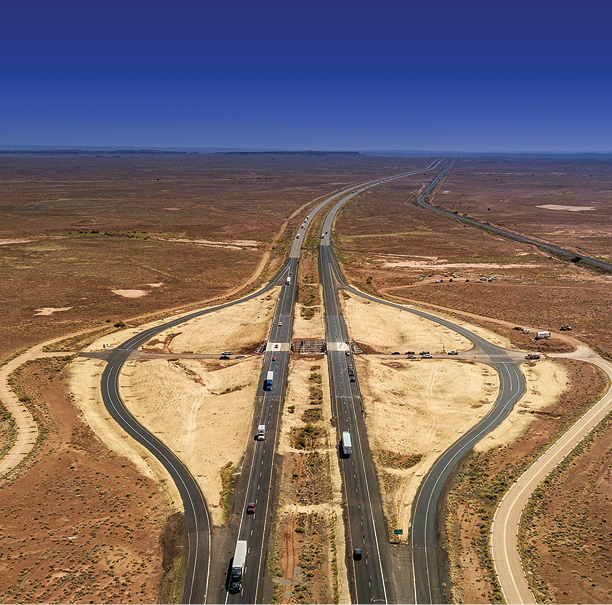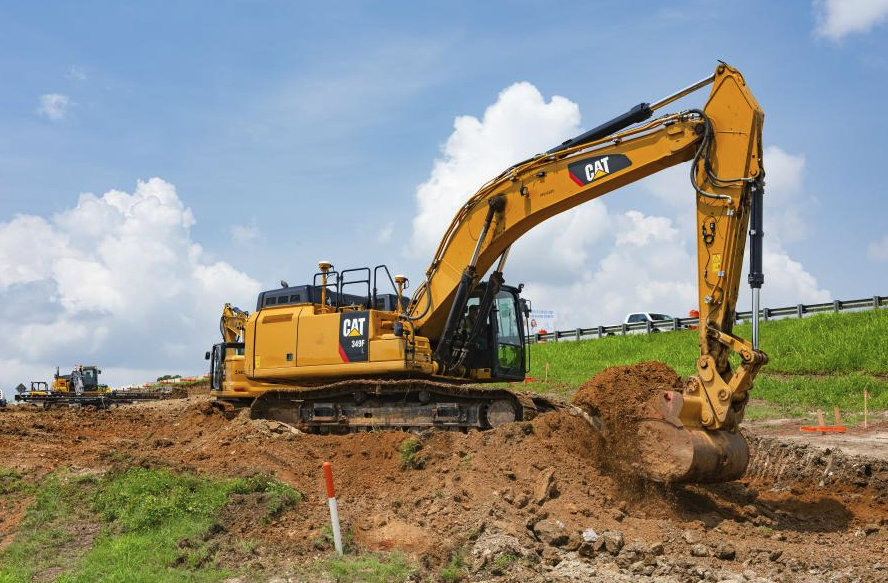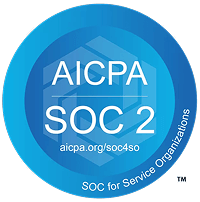The Call Every Construction Leader Dreads (And How to Handle It)

Tristan Wilson
Here's what every leader needs to know...
The Call Every Construction Leader Dreads (And How to Handle It)
Your essential guide to dominating the construction bidding and building world with the latest tech, market trends, and wisdom.

TL;DR:
- When someone gets hurt, your immediate presence matters more than anything else
- Focus on care first, investigation second - people remember how you responded
- Support extends beyond the injured worker to their family and the whole crew
- Prevention is best, but your response to injuries defines you as a leader
Every construction leader dreads that early morning phone call. Mine came at 2 AM from a superintendent working the interstate. Through the fog of half-sleep, I heard the words no one wants to hear: "One of our people is hurt. It's serious."
We had taken on operating a specialty tack truck from a material supplier - a piece of equipment we weren't familiar with. The pressure had built up inside the tank, and when our employee opened the top, he sustained severe burns. Red flags? They're obvious now. But we missed them then.
I made the calls nobody wants to make - to my boss, to the safety director. Then I drove to the site. Though our employee insisted he was fine, we took him to a clinic, then to the hospital. The burns required significant treatment and follow up visits to specialists. We had failed him by not providing proper training, and no excuse could change that fact.
Later, I sat by his hospital bed talking with his wife while he slept. She told me about how much he loved watching Saints games with their kids. The weight of responsibility hit me hard. My grandmother Betty Lou, who ran our company for a decade, taught us that safety wasn't negotiable. Sitting there in that hospital room, I understood exactly why. These aren't just workers we're responsible for. They're fathers, husbands, daughters, sons, sisters, and cousins. People with families waiting for them to come home.
When the Call Comes: First Steps
- Drop Everything and Go Your presence tells your people they matter more than any meeting or deadline. Your absence says the opposite.
- Focus on Care, Not Blame The moment you arrive:
- Ensure the injured person is receiving proper medical attention
- Secure the area to prevent additional incidents
- Support others on site who may be shaken
- Document everything, but don't interrogate
- Activate Your Response Plan
- Alert key personnel (safety director, senior management, HR)
- Follow your emergency response procedures
- Document all actions and observations
- Preserve any evidence that might help prevent future incidents
After the Initial Response
- Support Your People (And Your Subcontractors)
- Stay with the injured worker and their family
- Coordinate hospital visits
- Help with immediate needs (meals, transportation, communication)
- Remember: trauma affects the whole crew
- Subcontractors are an extension of your company; the same rules apply.
- Investigate Thoroughly
- Conduct a root cause failure analysis
- Focus on systems and processes, not individual blame
- Interview witnesses while memories are fresh
- Document findings and recommendations
- Provide Ongoing Support
- Arrange counseling if needed (especially after serious incidents)
- Keep communication open with the injured worker
- Support their family practically and emotionally
- Stay engaged through the recovery process
Learning and Prevention
Sometimes incidents happen despite our best efforts. But each one teaches lessons that can prevent future harm:
- Review and update training procedures
- Question "normal" practices that might hide risks
- Listen to worker concerns about equipment or processes
- Never assume equipment familiarity equals competency
- Document and share lessons learned
- Trust Your Gut: If it seems off, say something. Never walk by anything you see that is unsafe without saying it. You will never regret saying something.
Family Matters in Family Business
I'll never forget the night we had a drunk driver crash through our work zone and injure four of our employees. As soon as the call came in, all seven of my relatives who were part of the business dropped everything and showed up at the hospital. Without being asked, they stayed for hours, talking with our shaken crew members, coordinating with their families, handling logistics, and just being present. No one had to tell them to come - they just knew that's what family does.
Watching them step up made me proud to be part of our ownership team. More importantly, it showed our employees that when we say "we're a family business," we mean it. Our people saw that they were part of a family that shows up when things get tough.
The Human Side Matters Most
Construction is inherently dangerous work. But that's precisely why our response to injuries must be deeply human. When someone gets hurt:
- Lead with compassion
- Show up personally
- Support unconditionally
- Learn thoroughly
Our employee eventually made a full recovery. But I'll never forget those conversations by his hospital bed, or the lesson they taught me: In these moments, being present matters more than being perfect.
Have you faced a similar situation? How did you handle it? Reply to this email and share your experiences - we all learn from each other.
Remember: The best response to an injury is preventing it. But when prevention fails, how we respond defines us as leaders and as an industry.

.avif)

.avif)


.svg)


